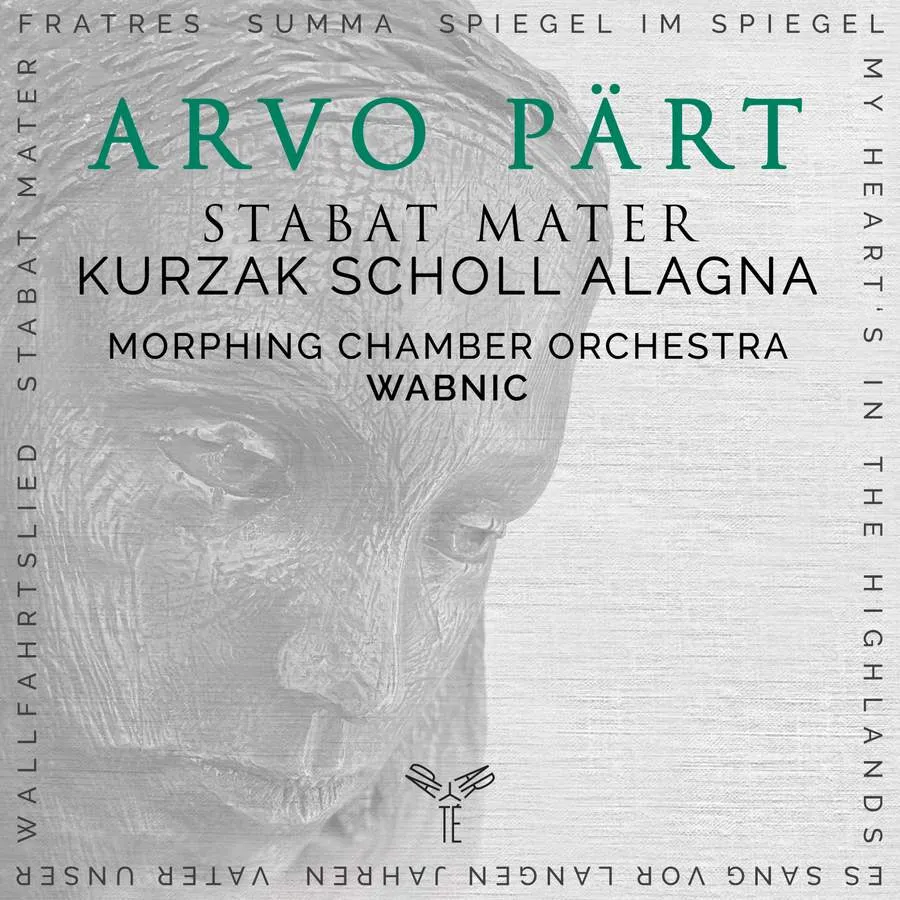
Arvo Pärt Stabat Mater; Summa; My Heart’s in the Highlands; Es sang von langen Jahren etc Aleksandra Kurzak (soprano), Andreas Scholl (countertenor), Roberto Alagna (tenor); Morphing Chamber Orchestra/Tomasz Wabnic Aparté AP277 77:21 mins
Colliding worlds. That is how the Morphing Chamber Orchestra’s artistic director, Tomasz Wabnic, characterises the combination of performers and repertoire on this heartfelt and attractively programmed Arvo Pärt collection. A suitably timeless spirit permeates Fratres, heard in the version for string orchestra and percussion, while the hidden Credo of Summa is appropriately unshowy, as is Wabnic’s performance on viola of the long lines of Spiegel im Spiegel. Four pieces featuring Andreas Scholl’s spellbinding countertenor voice are woven through the recording. Whether in the simple lyricism of ‘Vater Unser’ or the more angular ‘Es sang vor langen Jahren’, Scholl commands attention. Most remarkable are the quirky plodding of ‘My Heart’s in the Highlands’ and disquieting, drooping harmonies of ‘Ein Wallfahrtslied’ where Scholl is utterly mesmerising while singing just a single pitch.
The final Stabat Mater was originally for three voices and three strings, then arranged for choir and string orchestra. Technically a premiere recording, this performance combines the two versions with solo voices and string orchestra, Scholl being joined by soprano Aleksandra Kurzak and tenor Roberto Alagna. The close recording of the voices threatens to frequently overwhelm the strings, highlighting the fact that the trinity of soloists supposedly united in stark grief, stand markedly apart in vocal approach. There is not so much a creative encounter between Scholl’s blanched purity and the fruity vibratos of Alagna’s and Kurzak’s voices as a pulling in different directions. With this particular collision, the sum is sadly less than the substantial and all-too-apparent parts.
Christopher Dingle